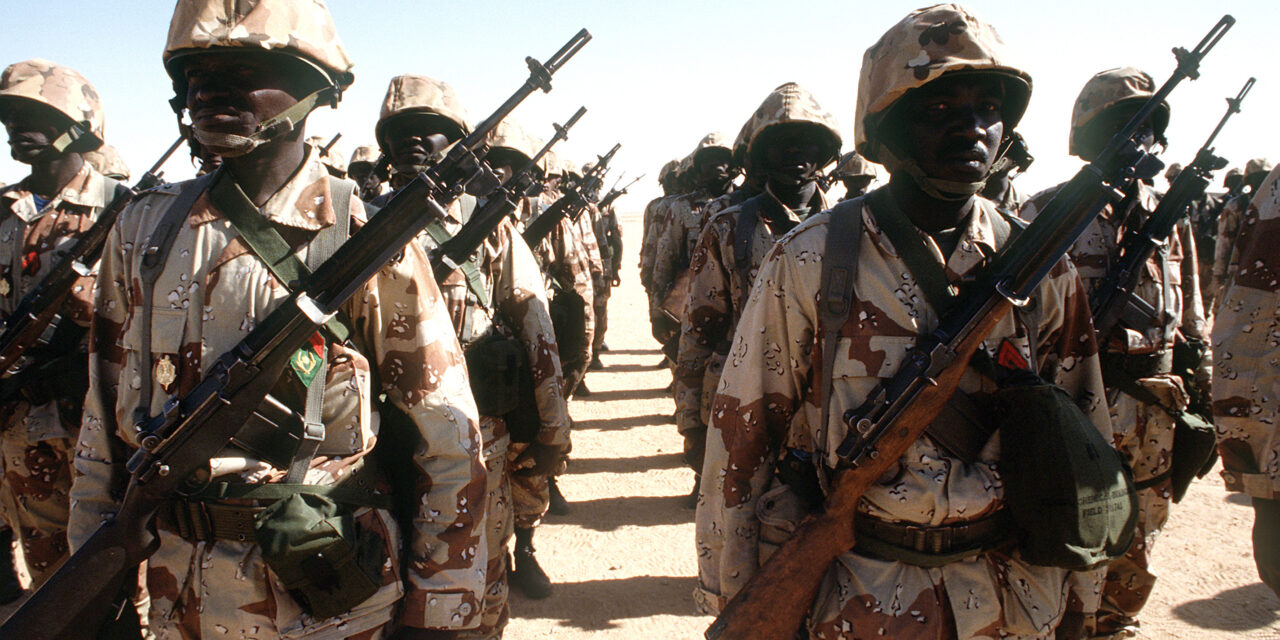In a surprising turn of events, the West African nation of Niger has announced its decision to expel all U.S military forces from its
territory. The move has shocked the international community and has sparked concerns about the strain it will have on the
relationship between Niger and the United States. The decision, made by Niger’s President Mahamadou Issoufou,
comes after months of mounting tension between the two nations. President Issoufou cited “repeated violations of Niger’s
sovereignty” and a lack of transparency in the U.S military operations as reasons for the expulsion.
The U.S military has been present in Niger since 2013, with a mission to train and assist Nigerien forces in their fight against
terrorist groups such as Boko Haram and ISIS. However, the presence of American troops has been met with growing
resentment from the Nigerien people, who have accused them of causing civilian deaths and disrupting their way of life.
President Issoufou’s decision to expel the U.S military has been met with mixed reactions from Nigeriens. While some have welcomed the move as a step towards reclaiming their sovereignty, others fear that it will leave their country vulnerable to terrorist attacks. The expulsion also raises concerns for the U.S’s broader counter terrorism efforts in the region. Niger, which shares borders with Mali, Nigeria, and Chad, is a key partner in the fight against extremism in the Sahel region. With the U.S military’s presence now gone, many are questioning the effectiveness of the U.S’s strategy in the region.

The strained relationship between Niger and the United States also has significant implications for other areas of cooperation between the two nations. The U.S provides significant aid and support to Niger in areas such as health, education, and economic development. With the expulsion, it remains to be seen how these programs will be affected. The U.S government has expressed disappointment and concern over Niger’s decision, with the State Department releasing a statement calling it a “regrettable and unwise move.” However, President Issoufou has remained firm in his decision, stating that Niger would continue to work with the U.S on areas of mutual interest but without a military presence on its soil. The expulsion of the U.S military from Niger marks a significant turning point in the relationship between the two nations. The move highlights the growing tensions between the U.S and its African partners and raises questions about the effectiveness of the U.S’s counter-terrorism efforts in the region. It remains to be seen how this decision will affect not only Niger but also the broader U.S-Africa relationship.







